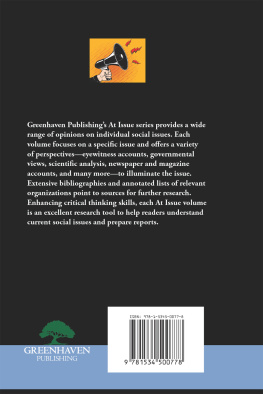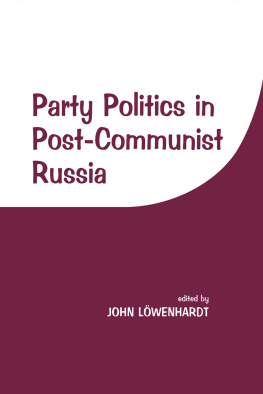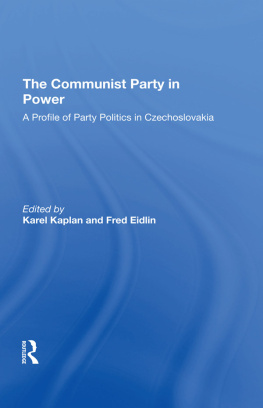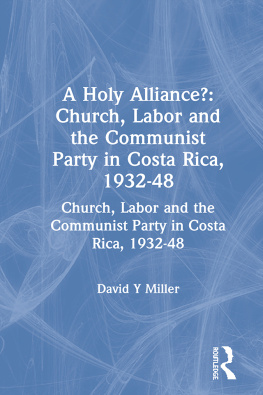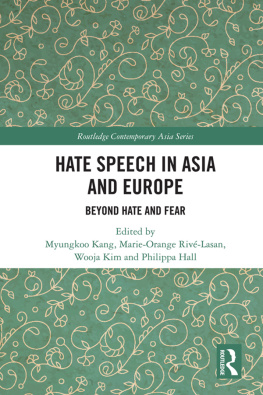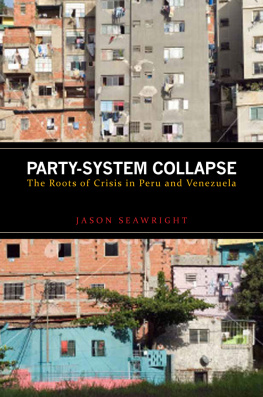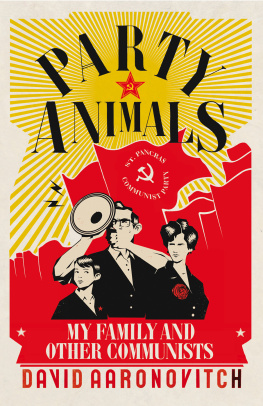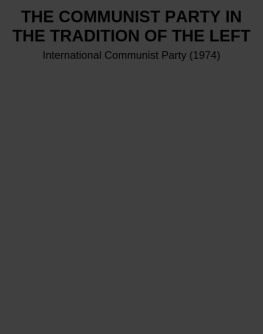Volume 1: 1968-1987
1968 - To Understand Mariategui
Conference at the University of San Cristobal de Huamanga in Ayacucho, Peru, 1968
It has been a little more than three years since we had the occasion to talk from this place. At the time, we spoke about the problem of education and shared our thoughts on this important issue. It was a wonderful opportunity to talk with you. Today, once again, we have the opportunity to speak with you, but the circumstances are somewhat different.
We are going to speak about Jos Carlos Maritegui, of the actuality of his thought, and this task which I have been assigned to address, is not in itself an easy task, at least not to me. First of all, we believe that Mariategui must be approached with respect, and secondly, we must approach him from a clear and precise position, because otherwise it is not possible in any way to understand the actuality and richness of his thought.
Of course, Maritegui has been physically dead for many years, but his thought is still profoundly alive, just as it was in the 1930s. It is still vibrant, still current and still a perspective for Per, while other thoughts of people who are still alive are truly dead.
It is difficult in an hour more or less, to talk on all Maritegui's thought, so for this reason we want to focus on a few concrete problems and emphasize on what should do facing the image of this great Peruvian. First, we uphold the figure of Maritegui as a proletarian intellectual. We will not get into detailed dates or other matters which are not of interest now. We will get into central problems set forth by the actuality of the thought of Jos Carlos Maritegui.
TO UNDERSTAND MARITEGUI
- After having tried to bury him in silence, much has been written about Maritegui. Of course, we also see Maritegui as very highly spoken of, so as to mystify him, to systematically try to twist him, to try to "better" him with senseless pedantry. It has been said in the first place about Maritegui that he was not a convicted and confessed Marxist and whose thought was not sustained by Marxism-Leninism.
Maritegui said it himself. He was a convicted and confessed Marxist, fearless, neat and precise. What does that mean? It means that Maritegui had a proletarian class position. He was plainly and simply on the side of the exploited. Maritegui felt in his own flesh what the exploited masses of our country felt and during his time, unfortunately for us, a very short life, he translated into deeds what he felt and put in practice written word. Maritegui had a conception of the world. He had an ideology, and he said many times that his ideology was Marxism-Leninism. He conceived and upheld it, and he based his thesis on the contemporary world. It is not possible to understand things, and it is not possible to understand society and the world, unless we view them from the ideological conception of the proletariat.
Maritegui was a Marxist-Leninist. If we review his works, Maritegui tells us that in the current century (he spoke around the 1920's) Leninism was the new form, the highest Marxism acquired at the time. Maritegui then found his affiliation with Marx and Lenin and that is why he called himself a convicted and confessed Marxist-Leninist. In the third place, Maritegui had a working method, a method of analysis, an irreplaceable method to understand anything. Mariategui based himself on dialectical materialism, and his works are convincing proof of that. The first question, we said, which must be very clear, is the proletarian position of Maritegui, the Marxist-Leninist ideology nourishing him and the dialectical materialistic method guiding him.
On these three bases it is feasible to understand the figure of Jos Carlos Maritegui, but whoever cannot understand Marxism-Leninism, will not be able to understand Maritegui, and it is not for a lack of enlightening or of intelligence that she or he cannot understand him, but because he is not on the same side, nor has the same light in the brain, nor uses the same method. That must be very clear.
We must base ourselves on facts, start from the class position of Maritegui, start from his Marxist-Leninist ideology and one must also start, therefore, from his dialectical materialist method. Whoever does not focus on Mariategui with those three viewpoints indicated above, cannot understand his thought and will twist it in many cases in good faith or in the majority of cases, like the feathery hacks, in very bad faith.
Mariategui was a great Latin American Marxist-Leninist and we must be very proud of that fact. There is not in all of Latin America another Marxist-Leninist comparable to him in any way; truly Jos Carlos Maritegui is a summit of Latin-American Marxism thought and a greater summit as time goes on.
Jos Carlos Maritegui is better appreciated outside our borders. Here in our country he is less wanted, less respected, and even very little known, which is a shame. Maritegui then is a great Marxist-Leninist, who honors our country and the exploited among our people, but not others, for the others he is a knife sunk in their hearts, which they cannot manage to take it out neither will they are able to take it out.
Maritegui was not a mere repeater, who simply knew four or five formulas, but he is much more, something more profound, more Marxist. He takes Marxism-Leninism and introduces and fuses it with our reality, he gets it into our country, incarnates it in our soil, and upon incarnating it, introducing it, penetrating it in our country with Marxism-Leninism, he Illuminates us with a thought which is still current. The interpretation Maritegui wrote of our country, in his famous "Seven Interpretative Essays on Peruvian Reality," (Siete Ensayos de Interpretacion de la Realidad Peruana) is still an unshakable document.
In Maritegui we see the grip he had, the Marxist and genial grip of being able to fuse the universal reality of Marxism-Leninism with the concrete actuality of our revolutionary prophet. Very few persons have this quality and Maritegui had it in excess and grandeur, and we must recognize it. Whoever does not understand the development of Marxist ideas in our country; cannot understand what is happening in Peru, and evens less, of course, can he call himself a revolutionary? Unfortunately there many revolutionaries out there who know Mariategui's thought and still fear it, a justified fear, because it is a good touching stone to find out who are genuine revolutionaries and who are not. That's the reason why they fear Maritegui. Mariategui's Seven Essays are still a fundamental part of Peruvian thought.
Mariategui developed seven masterful interpretations for us from the Marxist viewpoint, and from the one and only correct viewpoint of our Peruvian reality. Many talented and well-versed scholars with a contrary viewpoint have tried to discredit that little book, from the reactionary position of Don Victor Andres Belaunde (TNF: Bourgeois Peruvian Historian), but their efforts have failed.
THE IMMORTAL BOOK
Mariategui's little book "Seven Interpretative Essays on Peruvian Reality" is still very much alive, while that of Don Victor Andres Belaunde has been read only by very few (mostly for historical curiosity.) We must start from this, what Mariategui is telling us in that little book, in this small volume which constitutes a vision of the People's War in our country. Mariategui does an analysis of our economy, which is a vital and fundamental issue. It is impossible to understand a society if we don't understand its economic structure, unless we understand the social relations of exploitation which are the social economy, the political economy. All else are fabrications (TNF: Spanish word "engendros"). What does he tell us about Per? He characterized it very concretely; Peru is a semi-feudal and semi-colonial country. He shows and proves it in his scheme of the economic process of our country. Maritegui also develops an outline of social classes in Per and their historical development, and he states, with other words, of what today is the Marxist thought in Per being developed under Mao Tsetung's thought.

![Communist Party of PeruCommunist Party of Peru - Shining The Collected Works of the Communist Party of Peru. 1968-1999 [Warning: Hate Speech and Negationism]](/uploads/posts/book/267146/thumbs/communist-party-of-perucommunist-party-of-peru.jpg)

